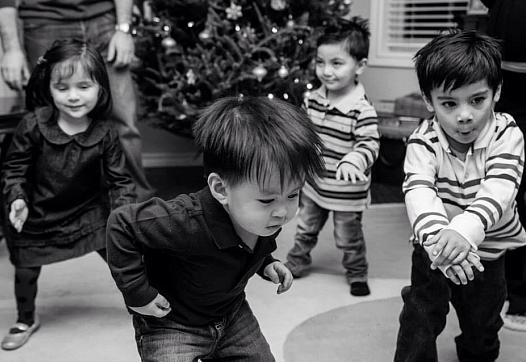
As the calendar winds to a close, it’s worth taking a quick look back at some of the research from the past year that enlarged our understanding of the ways in which early childhood exerts an enduring influence on lifelong health.

As the calendar winds to a close, it’s worth taking a quick look back at some of the research from the past year that enlarged our understanding of the ways in which early childhood exerts an enduring influence on lifelong health.
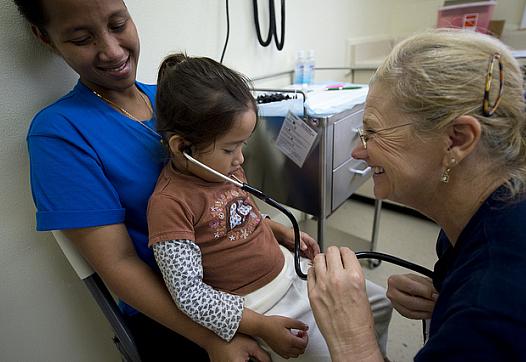
The ACA expanded insurance coverage, but many children throughout the country are still not receiving important health care benefits. The extent of the coverage exclusions varies widely depending upon which state a child calls home.
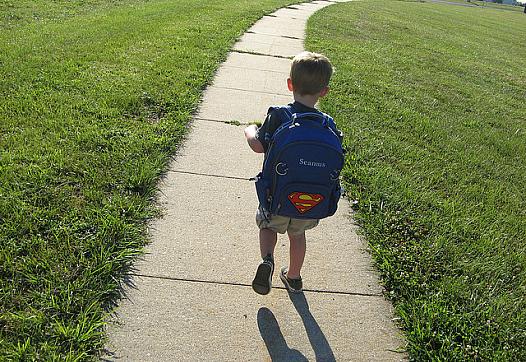
On Wednesday, the White House hosted a summit on early education where President Obama touted a $1 billion public-private spending package to bolster high-quality preschool and Early Head Start programs. That may sound like an education story, but it's worth remembering it's a health story, too.
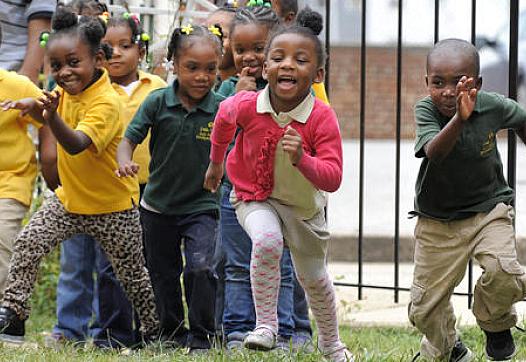
For more than a year, Baltimore Sun reporter Andrea K. McDaniels and photographer Lloyd Fox have examined the unseen impact of violence — on children, caregivers and victims’ relatives.
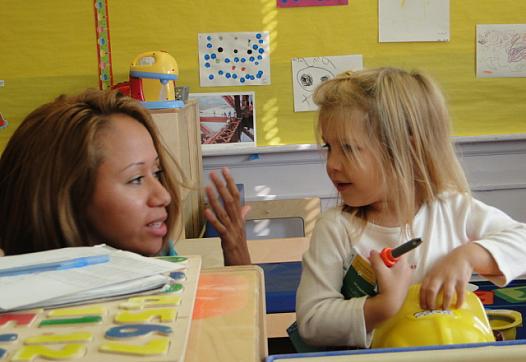
Prevention is key when it comes to reducing the harmful long-term health affects of toxic stress and childhood adversity. But when prevention is no longer an option, could mindfulness help adult survivors lead healthier, higher-quality lives?
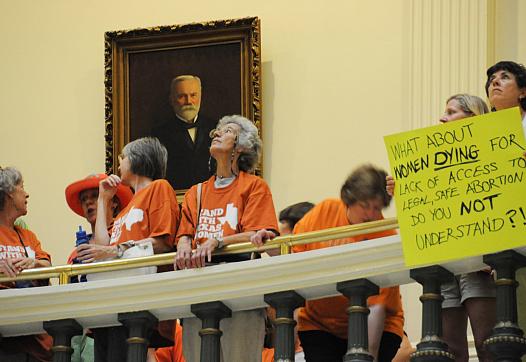
Despite Wendy Davis' filibuster, Texas lawmakers passed strict new abortion regulations in 2013. Here's what one reporter on the front lines learned from covering the changing landscape of women’s health and abortion in the Lone Star State.
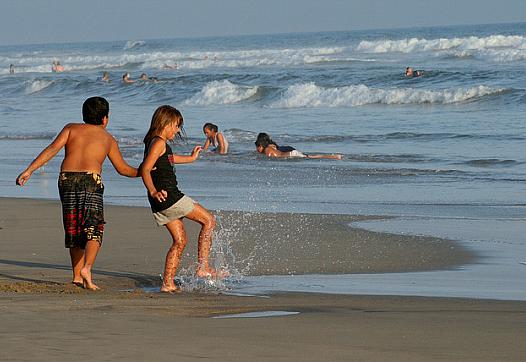
Southern California's Orange County has a reputation as an affluent playground, making the county's food insecurity stats all the more surprising. That kind of juxtaposition between a locale's perception and reality can make for powerful stories that grab audiences and start conversations.
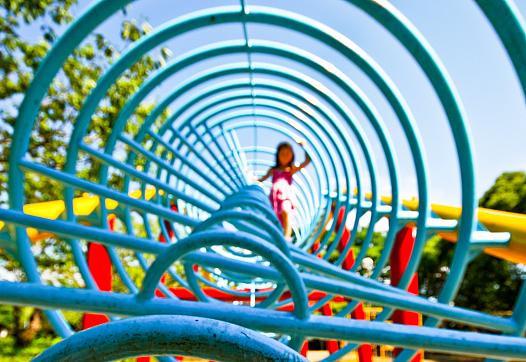
So much crucial brain development occurs in the first three years of life that one researcher jokes that to him and his colleagues, 3-year-olds are practically middle aged. And yet,the first three years of life often get comparatively little attention in mental health or education policies
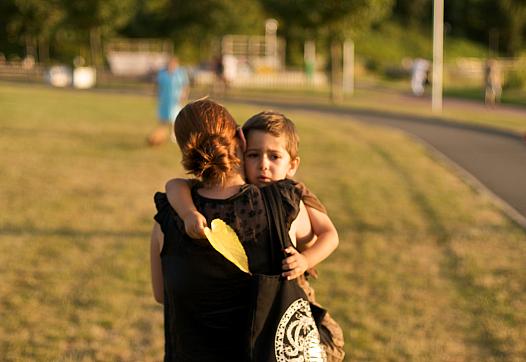
Awareness of just how damaging toxic stress and childhood adversity can be for a child's health and life prospects is growing. While leading experts call for bold new treatments, what approaches are already showing promise in reversing the effects on young bodies and minds?
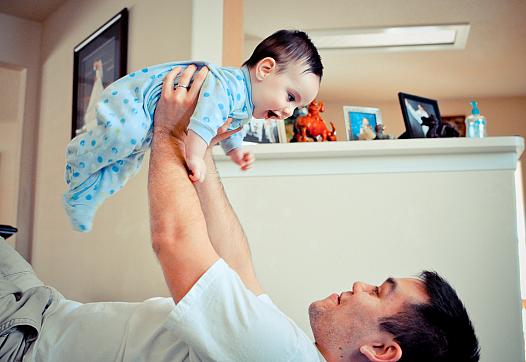
One of the recurring themes in early childhood research is that early is rarely early enough. Positive back-and-forth interactions between kids and caregivers are key to building budding brains, while their absence can lead to kids who suffer the longterm effects of what experts call "toxic stress."